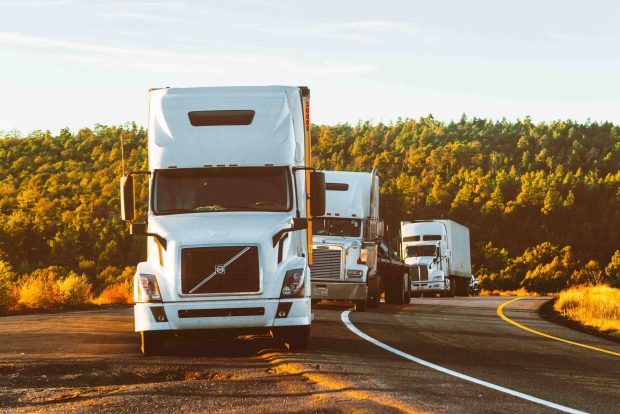Safety is one of the primary components of the logistics industry. The transportation and logistic employers conduct business wholly based on the workers (drivers) and have to rely on them for safe driving that will keep the employee and other public out of harm. The logistics industry is susceptible, often involving the responsibility of multiple human beings. Longevity Live Paid Content.
In the United States, it is vital to adhere to the Department of Transport (DOT) protocols regarding logistics drug testing that also involves alcohol testing. The logistics companies cannot carry out regular functions unless their drivers comply with the norms of the DPT.
DOT has several protocols regarding logistics drug testing. Two of the most important are pre-employment drug screening and post-accident alcohol and suspicion drug testing. For complete comprehension of accident situations, such tests are mandatory. Suppose any driver or associated logistics company fails to uphold the protocols and comply with the regulations. In this case, they can be subjected to heavy fines, which could also impact the professional licensing of the concerned.

Photo by Quintin Gellar
Types of Drug Testing for the Logistics Industry
Here is an overview of what kind of logistic drug testing is most common in the transportation industry:
Employment Drug Testing
As the name suggests, this test happens before employment. It is often tailor-made to cater to any particular demands of the company or the test taker. It includes the following types of subcategories:
Urine Drug Test
It is a comprehensive test method that physicians have been using since time immemorial for drug testing. It is cost-effective and can test the presence of any drug in the person’s body. This test is almost a one-step process for drug testing in the employees of the logistics sector. The one drawback of the test is that it needs to be performed very quickly, in a short span; otherwise, detection gets difficult.
Hair Drug Test
If it has already been some time since the employee has been accused of drug intoxication, this test works fine. The hair drug test can detect the presence of drugs in the hair follicles and drug use up to 90 days back. Though the process is complex, a longer detection window helps immensely.
Alcohol Test
The alcohol test is a widespread test conducted on employees in the transportation sector. It helps detect whether a person is currently intoxicated or has been on alcohol recently. Alcohol tests have plenty of subtypes. The time span of the detection window determines the chosen.
DOT Drug Test
This is a panel of tests that most of the FMCA-approved drug testing and medical centers offers. The Department of Transportation exclusively curates this special test panel for standard employee drug testing. Most labs offer this test with minimum charges since this is one of the most crucial components of logistic drug testing.
Mobile Drug Testing
Mobile drug testing or on-spot drug testing is for post-accident emergencies. Physicians will conduct the test right at the time and site of the accident. This is performed considering all the DOT protocols with the scope of accurate and extremely speedy delivery of results.
Federal Drug Screening Protocols
A lot of people are in a dilemma regarding which one will be the best and the most trusted test panel for logistic drug testing. Before moving into this, it is vital to know that DOT, United States, already has a 5-panel notice encompassing a 5-panel drug screening for cocaine, opioids, amphetamines, marijuana, and phencyclidine.
A detailed urine analysis test is conducted for this 5-panel drug screening. This is one of the most comprehensive and compliant methods for drug testing. It is also a cost-effective method of adhering to federal regulations.
Logistic drug testing is a complex process. However, with the guidance and services of the best diagnostic centers (state approved), the benefits become easier and more accessible. The transport industry employs over 10% of the country’s workforce, which clearly indicates that their safety is a major concern.
Thus, there is a growing need for drug and alcohol testing in this industry to ensure the safety of drivers and the public.
Who is the author?

Roger Langford



![women [longevity live]](https://longevitylive.com/wp-content/uploads/2020/01/photo-of-women-walking-down-the-street-1116984-100x100.jpg)










